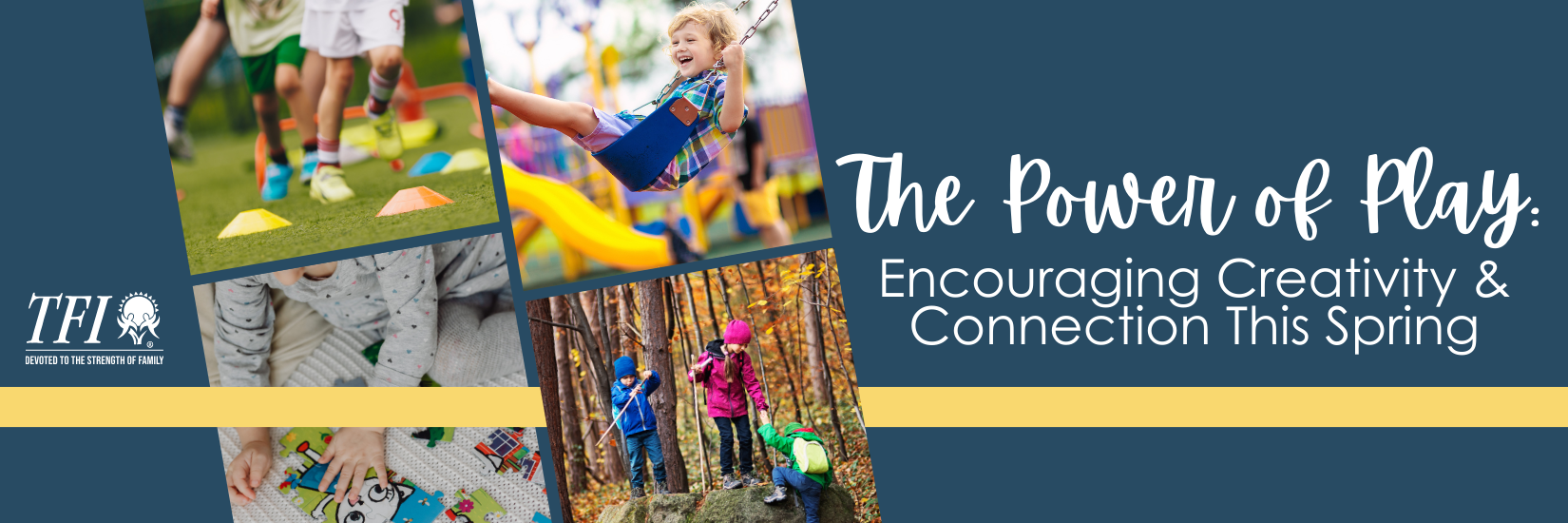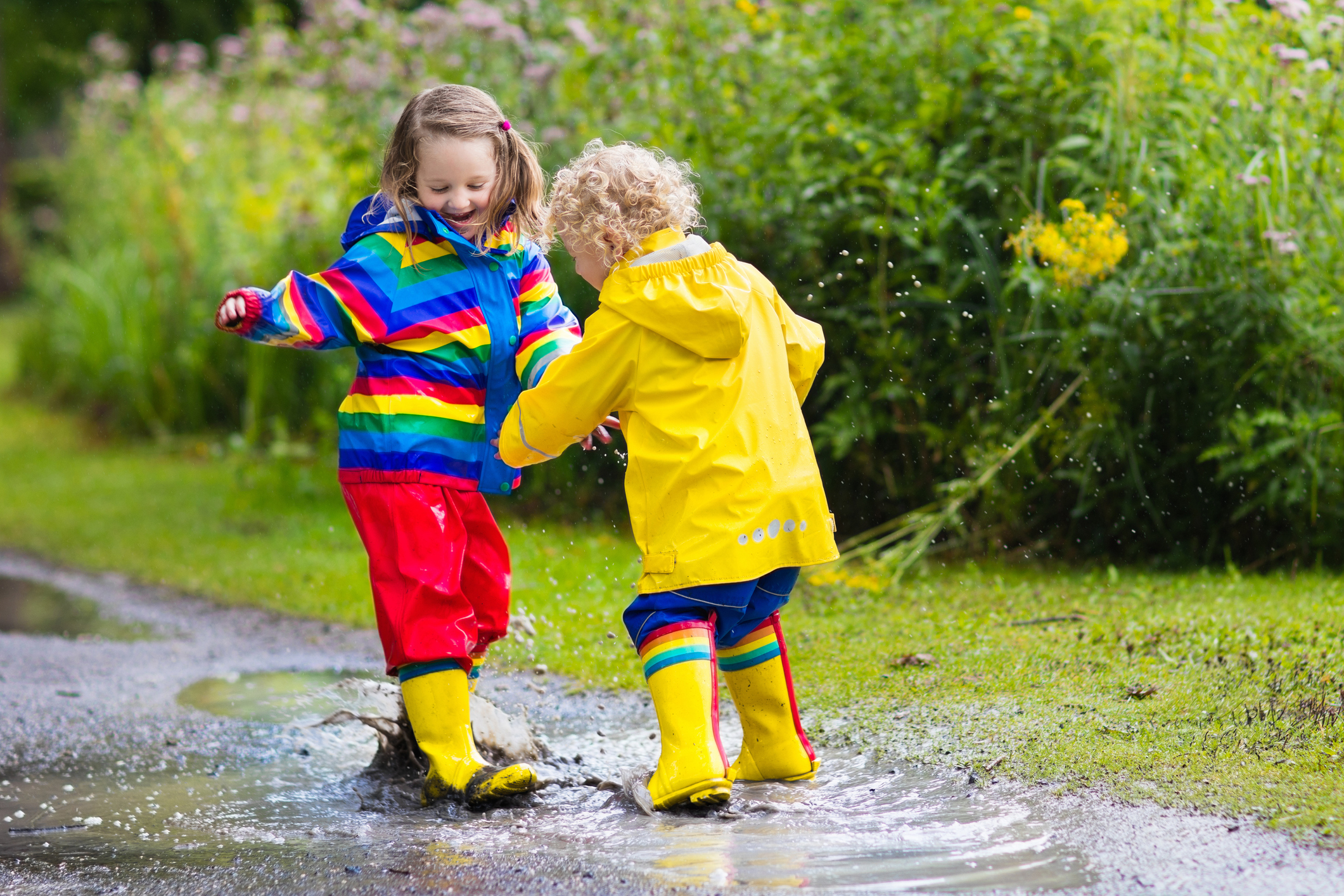
Play is vital to childhood development, emotional healing, and relationship-building. For foster children, play offers a safe and engaging way to express emotions, develop social skills, and create lasting positive memories. This spring, embrace the power of play with activities that spark creativity, encourage connection, and support emotional growth.
Unstructured vs. Structured Play: Finding the Right Balance
Both free play and guided activities have unique benefits for children. Unstructured play, such as imaginative storytelling, pretend games, or outdoor exploration, fosters creativity, problem-solving and independence. Meanwhile, structured activities like board games, sports, or group crafts help kids develop teamwork, patience, and social skills in a supportive environment. Finding a balance between the two allows foster children to explore, learn and build confidence in their abilities.
Outdoor Play Ideas to Inspire Movement and Curiosity
Spring is the perfect time to play outside! Here are some simple yet engaging outdoor activities:
- Obstacle Courses: Set up a backyard course using cones, ropes or household items for kids to jump, crawl and balance their way through.
- Scavenger Hunts: To encourage exploration, create a nature-themed hunt with items like pinecones, flowers, or colorful leaves.
- Sidewalk Chalk Art: Let creativity shine with sidewalk murals, hopscotch games or interactive puzzles.
- Nature Walks: Visit a park or trail and challenge kids to find different birds, plants or insects.
Creative Play for Rainy Days
When spring showers keep everyone indoors, creativity can still thrive with engaging activities like:
- DIY Puppet Shows: Make hand puppets from socks or paper bags and perform a storytelling performance.
- Storytelling Games: Take turns adding to a made-up story. This helps build imagination and language skills.
- Fort Building: Use blankets, pillows and chairs to create a cozy hideout for reading or pretend adventures.
- Sensory Bins: Fill bins with rice, beans or water beads and let younger children explore different textures.
Using Play for Emotional Growth
Play is a powerful tool for helping children process emotions and feel safe expressing themselves. Activities like:
- Role-Playing: Acting out different scenarios allows children to practice social skills and work through emotions in a safe space.
- Art & Music: Drawing, painting or playing an instrument can be a great outlet for self-expression.
- Movement-Based Play: Dancing, yoga or simple breathing exercises can help regulate emotions and reduce stress.
Making Playtime a Family Bonding Activity
Play isn’t just for kids—it’s a great way to strengthen family connections. Try these ideas to bring everyone together:
- Family Game Nights: Choose age-appropriate board games or card games that encourage teamwork and laughter.
- Group Art Projects: Work on a big painting, scrapbook or puzzle as a collaborative project.
- Cooperative Play: Engage in activities like building a LEGO city, baking together or creating a backyard garden.
Spring is the season of growth, and through play, children in foster care can develop confidence, resilience and meaningful relationships. Whether indoors or outside, structured or free, playtime is a chance to create joy and connection. Let’s make this season one filled with laughter, creativity and unforgettable memories!


